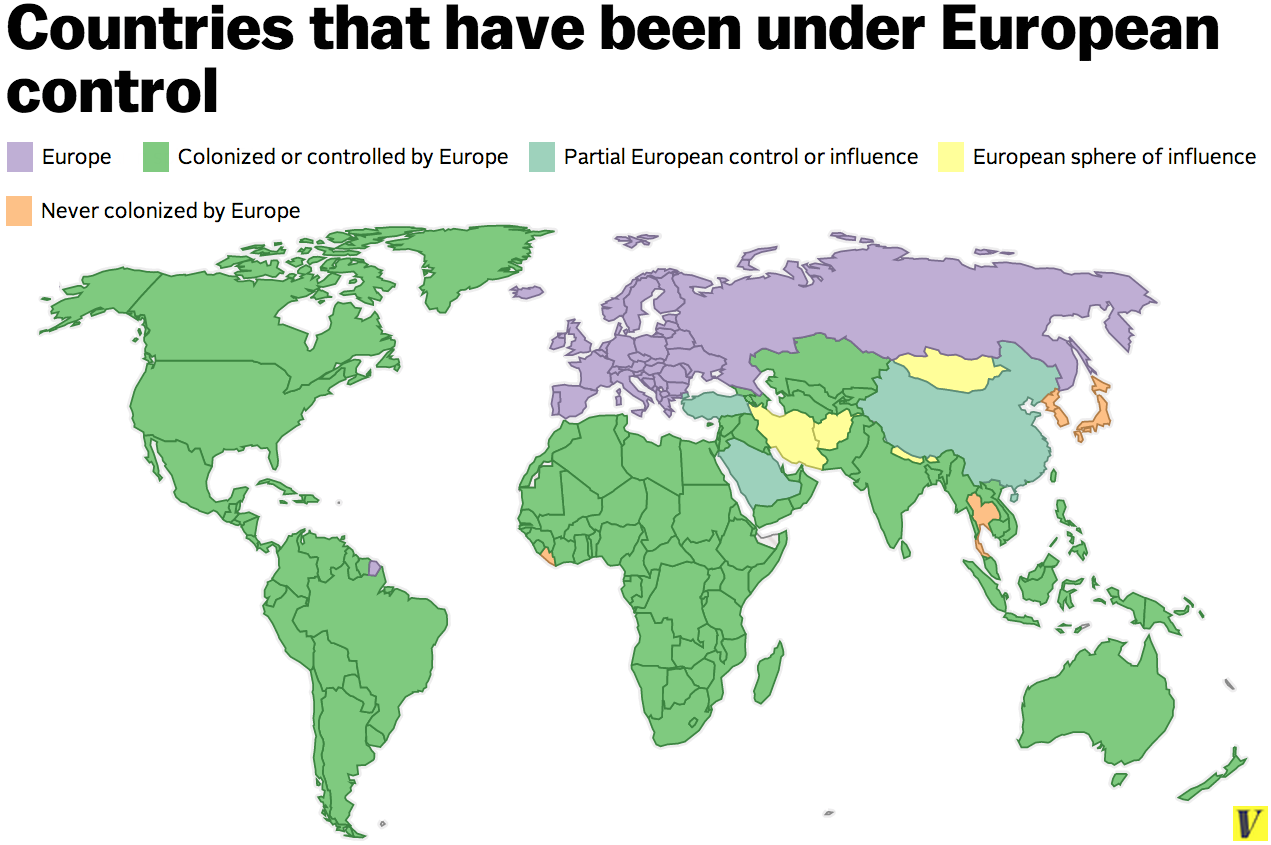Client deliverables and tonight's Cubs game have compressed my day a little. Here's what I haven't had time to read:
Now back to the deliverable...
Downloading to my Kindle right now:
...and a few articles I found last week that just made it onto my Kindle tonight.
Oh, and I almost forgot: today is the 80th anniversary of John Dillinger's death just six blocks from where I now live.
For once I'm not ranting about politics. No, check out these spite houses:
About a century ago, a Bay Area man named Charles Froling was just learning that he wouldn't be able to build his dream house. An inheritance had gifted him a sizable chunk of land, but municipal elders in the City of Alameda had decided to appropriate most of it to extend a street. So Froling sadly rolled up his blueprints and murmured, "Ah well, that's life."
No, of course he didn't do that. Having a constitution made from equal parts righteous indignation and pickle juice, the frustrated property owner took what little land he had left and erected a stilted, utterly ridiculous abode. The house measured 54 feet long but only 10 feet wide, as if a tornado had blown away two-thirds of the original structure.
They have art. I can't tell if the houses depicted are cozy or horrifying, though.
This map surprised me:

Max Fisher explains:
It's no secret that European colonialism was a vast, and often devastating, project that over several centuries put nearly the entire world under control of one European power or another. But just how vast can be difficult to fully appreciate.
Here, to give you a small sense of European colonialism's massive scale, is a map showing every country put under partial or total European control during the colonial era, which ran roughly from the 1500s to the 1960s. Only five countries, in orange, were spared:
There are only four countries that escaped European colonialism completely. Japan and Korea successfully staved off European domination, in part due to their strength and diplomacy, their isolationist policies, and perhaps their distance. Thailand was spared when the British and French Empires decided to let it remained independent as a buffer between British-controlled Burma and French Indochina. Japan, however, colonized both Korea and Thailand itself during its early-20th-century imperial period.
It's hard to understand why most of the world hates Europeans (and by extension North Americans).
Maryland dentist Edward Gramson got taken for a ride by British Airways:
When a North Bethesda, Maryland, dentist planned a trip to Portugal for a conference last September, he decided he'd quickly swing by Granada, Spain, to see the famed Alhambra and other historical sites.
But carrier British Airways had other ideas, and instead sent Edward Gamson and his partner to Grenada — with an E — in the Caribbean, by way of London, no less.
Gamson, who said he clearly told the British Airways agent over the phone Granada, Spain, didn't notice the mistake because his e-tickets did not contain the airport code or the duration of the trip. It was only 20 minutes after departure from a stopover in London that he looked at the in-flight map and asked the flight attendant, "Why are we headed west to go to Spain?"
I'm scratching my head over this one. I travel a lot, through Heathrow sometimes, on BA other times, and I'm just not sure how so many things could go wrong no matter how many letters are different. What about the flight schedule? Departure briefing from the pilot? Passport control? Size of the bloody plane? (You don't take an A320 to the Caribbean and you don't take a 747 to a regional Spanish airport.) This guy had at least 350,000 frequent-flier miles; how did he not notice any of these things?
Gramson has sued BA pro se for $34,000, which he estimates to be the losses from hotel and travel reservations. I can't wait to hear the disposiiton.
Via the Atlantic, how far could the Proclaimers actually walk?
[W]hile "I'm Gonna Be (500 Miles)" does a great job of laying out the folk-rockers' intentions to complete the full thou', it is lousy about providing the specifics of their journey. What direction are they walking, for instance – south toward London, or north to the frigid, rocky shores of the far Highlands? Then there's the problem that if they walked 500 x 2 miles in a straight line from any point in the U.K., they'd hit water. Would they stop and reconsider their travel plans (buy a jet-ski, perhaps)? Or would they keep on walking straight into the briny waves, plodding along the ocean floor to some remote island where their seagull poo-splattered lover is waiting?
It's a catchy song, but it leaves so many questions! Fortunately, there's a guy hard on the case to unravel its mysteries. Kenneth Field is a 40-something cartographic product engineer in Southern California who's made a fun map showing all the places the band could walk to in a 360 degree field if they began in Leith, the birthplace of twin-brother singers Craig and Charlie Reid.
And apparently, if you like that, there's a subreddit of map porn. I'll be back...
Thursday at lunchtime I caught some bridge maintenance in downtown Chicago:

What's the ugliest thing you can do to a downtown city? Cut down all the buildings and put up a parking lot:
This seems kind of obvious, doesn't it? But then again, about 800 years ago someone cut down the last tree on Easter Island, so it's hard to underestimate the ability of people to make good decisions about land use.
I may come back to these again:
Publishing the Inner Drive Extensible Architecture™ to NuGet is still coming up...just not this weekend.
I almost forgot, even though Illinois Climatologist Jim Angel blogged it earlier today. The new NCA is here. Highlights—with a distinctly Illinois-centered view—via Angel:
- In the next few decades, longer growing seasons and rising carbon dioxide levels will increase yields of some crops, though those benefits will be progressively offset by extreme weather events. Though adaptation options can reduce some of the detrimental effects, in the long term, the combined stresses associated with climate change are expected to decrease agricultural productivity.
- Increased heat wave intensity and frequency, increased humidity, degraded air quality, and reduced water quality will increase public health risks.
- Climate change will exacerbate a range of risks to the Great Lakes, including changes in the range and distribution of certain fish species, increased invasive species and harmful blooms of algae, and declining beach health. Ice cover declines will lengthen the commercial navigation season [this winter was the exception to the rule - Jim].
If you don't mind using 170 megabytes of bandwidth, you can download the whole thing (or just the parts you want).